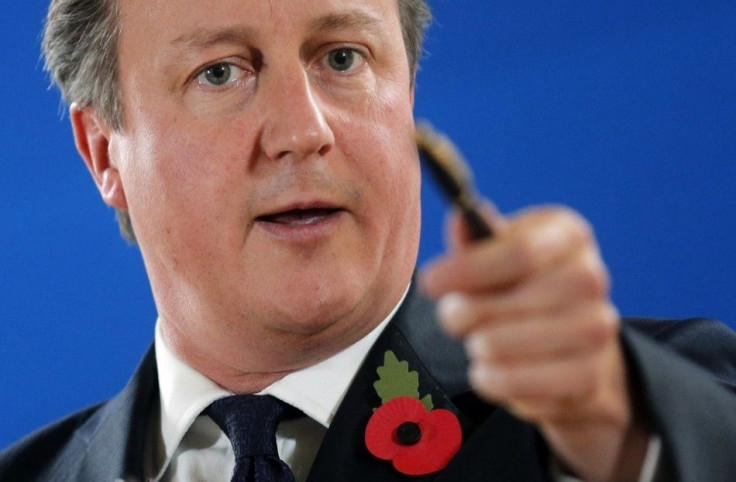Power Struggle In UK’s Labour Party As Leadership Race Intensifies

Just days after the worst election defeats in its history, Britain’s Labour party is facing a power struggle within, as contest for the new leadership became apparent. Top leader Ed Miliband had resigned taking moral responsibility for the poor performance of the party in the polls. Now four party leaders are in the fray to fill the top leader’s vacancy. The May 7 polls gave a resounding victory to Conservatives and made David Cameron the Prime Minister for a second term.
Mary Creagh became the surprise fifth candidate to enter the Labour leadership race as of Friday, saying she wanted the party to win back “Middle England.” The Wakefield MP said Labour’s devastating defeat owes to its failure in kindling hope, unnecessary obsession with NHS and failure in winning public trust in the matter of managing the economy, reports Independent. Others already in the race are Liz Kendall, Chuka Umunna, Andy Burnham and Yvette Cooper, who want to take over from interim leader Harriet Harman, officiating after Miliband’s resignation.
Resurrection Hoped
Now Labour is hoping a resurrection of sorts, by anointing a new leader to make it more electable. The surprise loss of Labour reportedly came in three ways. First, the Scottish National party weaned away a section of its traditional voters using its anti-austerity rhetoric. Then UKIP cornered its traditional voters in the north of England with its anti-immigration message. Then, adding to the woes was desertion by a section of the middle class, which was not fully convinced that Labour is on its side, reports Financial Times.
This was further abetted by the wrong diagnosis of the U.K economy by PM hopeful Ed Miliband. Under the assumption that British people are moving to the left because of financial crisis, Miliband advocated intervention in the energy market, strict rent controls and freezing of rail fares. All these cast him in a mould of a meddler than a reformer.
This was in stark contrast to Labour’s own Tony Blair who won three general elections by leading the party through the centre ground of politics without losing sight of the concerns of Middle England. In 1997, despite introducing minimum wages, Labour could win the election because Blair was able to stitch that policy within a broader discourse of wealth creation for strengthening the economy.
Candidate Withdraws
Meanwhile, one of the contestants, Chuka Umunna, decided to quit the Labour leadership race, just three days after announcing the bid. The shadow business secretary said he decided to move out after feeling uncomfortable under the accompanying media scrutiny and felt worried about its impact on his family and personal life. Umunna launched his leadership bid with a Facebook post saying he believed Labour could win the next election and wanted to create a "fairer, more equal society."
(For feedback/comments, contact the writer at k.kumar@ibtimes.com.au)






